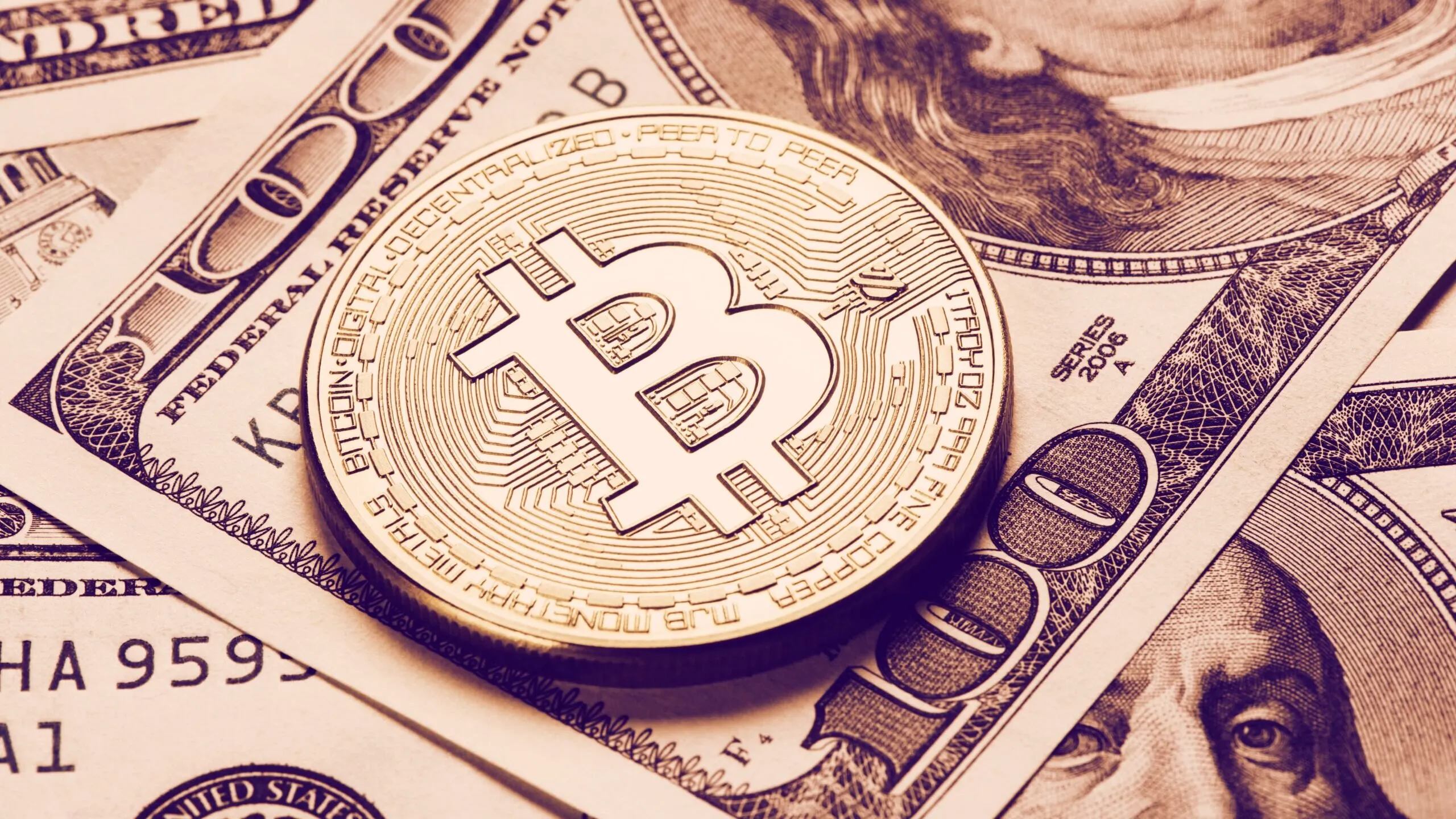In brief
- Bitcoin and other cryptos are the "x-factor" that challenges fiat, said Morgan Creek Capital CEO Mark Yusko.
- Bitcoin's limited supply is what sets the crypto apart, he noted.
- Yusko argued that everyone will be using cryptocurrencies in the future as "fiat is slowly going to go down."
Mark Yusko, CEO and founder of Morgan Creek Capital, has argued that Bitcoin’s limited supply makes it a much more appealing currency than fiat money, which can be created by banks out of thin air and thereby devalued. His thoughts came out on the Dash Brazil podcast, published yesterday.
Yusko explained that while he’s not a “hater” of banks and fractional reserve systems per se, he’s against how the central banks create money and distribute it to the wealthy.
“The central banks print the money, they give it to the primary dealers, which are controlled by the rich guys, those guys sell it to the Treasury for profit, and so bail out the banks. But none of that money gets its way into middle America: no lending is occurring, no growth is occurring, no innovation is occurring, no wealth creation is occurring” said Yusko.
“So that devalues that currency. Whether it’s analog form, electronic form or digital form. Fiat is fiat—and it's bad," he added.
In contrast, Bitcoin and some other cryptocurrencies have a hardcoded maximum supply limit and can’t be created indefinitely.
“A cryptocurrency allows you to opt-out of the fiat fiasco and have an asset that has a fixed supply. Then there’s ‘Oh, we can create lots of cryptocurrencies!’ No, you can’t. Each cryptocurrency has a user base and has a use case. It can be used as a medium of exchange, and Bitcoin, for example, is not a good medium of exchange. It’s too slow. But it’s a feature, not a bug,” he said.
He noted that in a network users have to choose between speed and security. The Visa network, for example, is very fast, but he claimed that “it gets hacked all the time because it’s not very secure,” argued Yusko. On the other hand, a store of value network needs to be immutable and very secure—and the Bitcoin blockchain has never been hacked in over 10 years since its launch.
“[Visa] is basically just a big spreadsheet—but it’s very convenient, I like using it rather than taking money out of my pocket. But now I like digital currencies even better because they are a more efficient system even than electronic,” Yusko explained, noting that, “It’s a direct peer-to-peer payment system, and whether it’s Lightning Network or other second-layer or third-layer systems that come on in the future—things like Dash, things like Monero—all of these things will find their role in this digital world.”
Yusko also referred to crypto as the “x-factor” that didn’t exist back in 2009, around the time when the previous financial crisis struck the world. But today, digital assets are playing a constantly increasing role—while fiat currencies keep losing their ground.
“Now fiat is slowly going to go down and crypto is eventually going to go up. And in the end, I don’t know, 10 years, 20 years, 30 years, whatever it is, we will all use cryptocurrencies. We will all transact over the Internet of Value, using the operating system that is likely to be Bitcoin or some other variant of that,” he summarized.
Or, as Elon Musk calls it, the “primary database”—although Musk disagrees that Bitcoin will make it that far.
Daily Debrief Newsletter
Start every day with the top news stories right now, plus original features, a podcast, videos and more.

